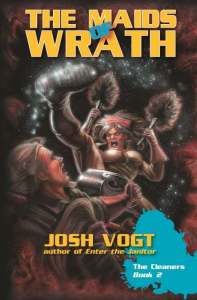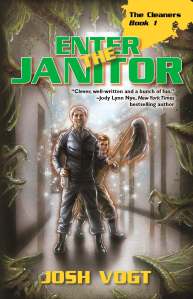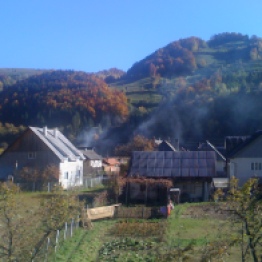Some time ago I posted about some serious errors in a Greek quotation from A Wrinkle In Time. And yesterday I received this lovely message from a woman who knew L’Engle personally and had this to add about the origins of the quote:
Hello Mr. J. S. Bangs and commenters!
This post was brought to my attention recently and I am most grateful for the opportunity to participate in the Euripides quote discussion.
Madeleine L’Engle was my mentor and friend. Over the years I was in her writing classes and saw her often in NYC.
In 1993, my partners at EliasMusic lsp and I produced the audio version of Madeleine’s reading of A WRINKLE IN TIME in its entirety. It was a challenging project and most inspiring.
In my preparation, I noticed the inaccuracy of the Greek quote. My heritage is Greek and the words didn’t make sense. I asked Madeleine about the source at which point she took a book from her shelf and said ALL of Mrs. Who’s quotes came from this volume……
DICTIONARY OF FOREIGN PHRASES AND CLASSICAL QUOTATIONS
Edited by H.P.Jones
Edinburgh 1910The book is a treasure. Sure enough, the Euripides quote had fallen victim to two sets of inaccuracies. When Madeleine copied the quote on to her original manuscript by hand, a letter was omitted. When the typesetter chose Greek characters from the manuscript, more mistakes were made. To date, after several requests, the Greek quote has not been corrected with millions of copies of WRINKLE sold.
Our recording of Madeleine’s reading is the only correct version. It is the definitive WRINKLE since her wishes were honored with regard to other issues. For instance, there is variance between the hard bound and paperback versions. (Grammar school vs Grade School, jacket vs blazer)
Currently a new film of WRINKLE is in the works by Ava DuVernay. The timing has prompted me to again let the appropriate parties know that the quote must be corrected. Hopefully it will happen.
In my workshop THE BIG FAT LITTLE GREEK MISTAKE, participants have enjoyed analyzing the process that happened. They are happy to make the discovery and correct their copies.
The Euripides quote from the H.P. Jones volume reads
Αελπτον ουδέν, πάντα δ´ελπιζειν χρεών. Nothing is hopeless, we must hope for everything.
Again, thank you for this post and responses. Please feel free to contact me via email. I would appreciate any information you wish to share.
Well, this just about made my day. Evidently the mistakes in the printed text are known, and have been known for sometime, but publishing being what it is it’s been very hard to get anyone to change it.
Hopefully the new TV version of the film will have the actors pronouncing the quote correctly :).



























